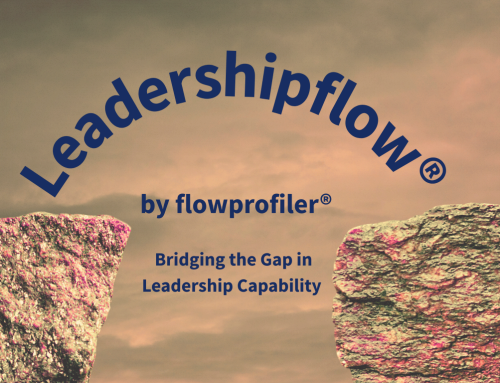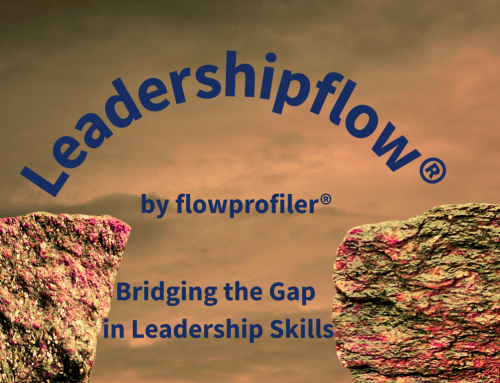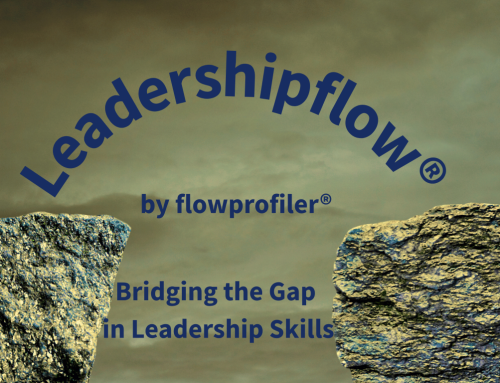Building Trust in 2025: The Cornerstone of Effective Leadership
Trust is the foundation of any successful organisation. In an era characterised by uncertainty and rapid change, trust is more critical than ever for leaders to inspire loyalty, drive performance, and foster innovation. As we move into 2025, building trust remains a non-negotiable leadership competency, directly impacting team cohesion and organisational success.
Why Trust Matters
According to a 2022 Edelman Trust Barometer survey, trust is now considered a top driver of employee satisfaction, with 61% of respondents stating they trust their employer more than other institutions, including governments and media. When employees trust their leaders, they are more likely to be engaged, productive, and collaborative. Conversely, a lack of trust can lead to high turnover, low morale, and diminished performance.
Strategies to Build Trust in 2025
- Lead with Transparency
Open communication is a hallmark of trustworthy leadership. Sharing information, whether it’s good news or challenges, demonstrates that leaders respect their teams and value their inclusion in decision-making processes. Transparency also reduces the risk of misinformation and speculation, enabling teams to focus on solutions rather than uncertainties.
Tip: Hold regular team meetings to provide updates, share organisational goals, and address concerns candidly.
- Model Consistent Behaviour
Leaders who align their actions with their words create a culture of reliability and accountability. Consistency fosters trust because it demonstrates that leaders are dependable and predictable in their behaviour.
Tip: Ensure your actions reflect the values and expectations you set for your team. For instance, if you advocate for work-life balance, avoid promoting a culture of excessive overtime.
- Show Empathy and Support
In a post-pandemic world, employees value leaders who genuinely care about their well-being. Demonstrating empathy, understanding and addressing the needs and emotions of others, strengthens relationships and fosters loyalty.
Tip: Take the time to check in with employees individually, offering support where needed, whether it’s through flexible working arrangements or mental health resources.
- Empower Your Team
Micromanagement is one of the quickest ways to erode trust. Empowering team members by delegating responsibilities and trusting them to make decisions shows that you believe in their capabilities.
Tip: Assign projects with clear objectives but allow team members autonomy in how they achieve results. Recognise their achievements publicly to reinforce trust.
- Encourage Feedback and Act on It
Trust is a two-way street. Leaders who invite feedback and act on it demonstrate that they value their team’s input and are committed to continuous improvement.
Tip: Create safe spaces for open dialogue, such as anonymous surveys or one-on-one meetings, and follow up with tangible actions based on the feedback received.
- Build a Culture of Inclusion
Inclusive leadership ensures that all employees feel valued, respected, and heard. When leaders actively work to eliminate biases and promote diversity, they create an environment where trust can flourish.
Tip: Implement diversity and inclusion programmes and provide training to leaders on unconscious bias and cultural competence.
The ROI of Trust
Building trust isn’t just the right thing to do; it delivers measurable results. A study by PwC found that high-trust organisations outperform their competitors in productivity, profitability, and innovation. Employees in high-trust companies are 50% more productive and experience 76% more engagement.
Overcoming Challenges
Building trust is an ongoing process, not a one-time effort. Leaders must be vigilant about maintaining their credibility, especially in the face of challenges. Mistakes are inevitable, but addressing them honestly and taking corrective actions can preserve and even strengthen trust.
As we approach 2025, trust remains the cornerstone of effective leadership. By cultivating transparency, empathy, empowerment, and inclusion, leaders can create environments where teams thrive, relationships deepen, and organisations excel. Trust is more than a value, it’s a strategic advantage that no leader can afford to overlook.
References
- Edelman Trust Barometer (2022). Trust in the Workplace.
- PwC Study (2020). The Business Case for Trust.
- Covey, S. R. (2006). The Speed of Trust: The One Thing That Changes Everything.




